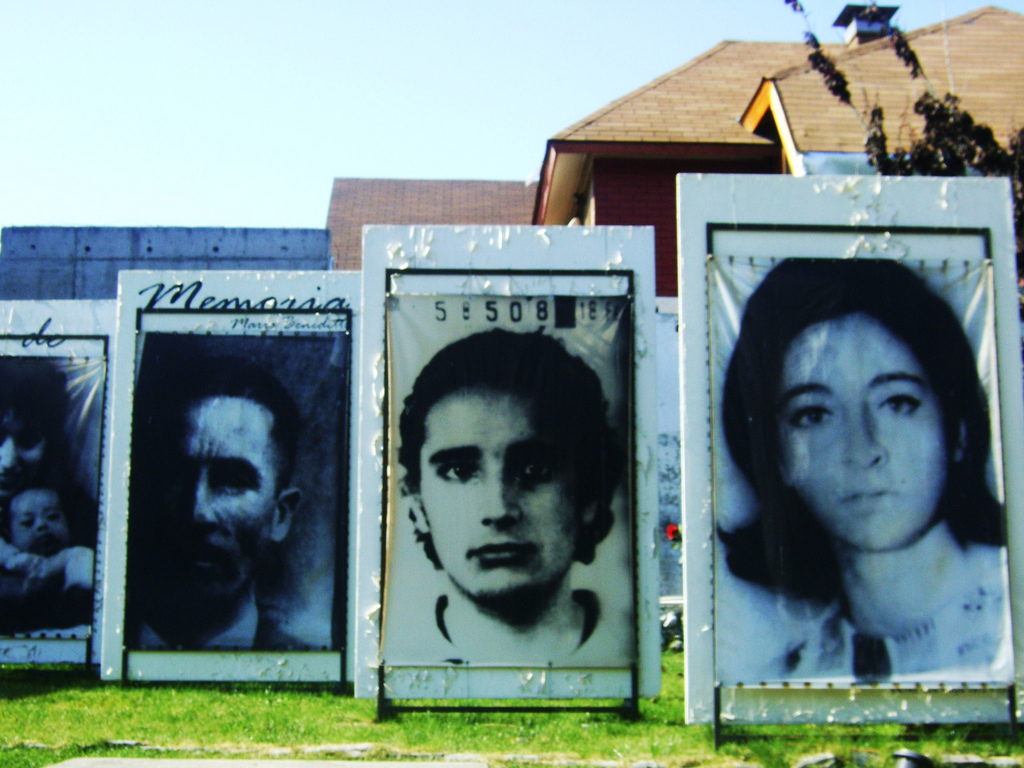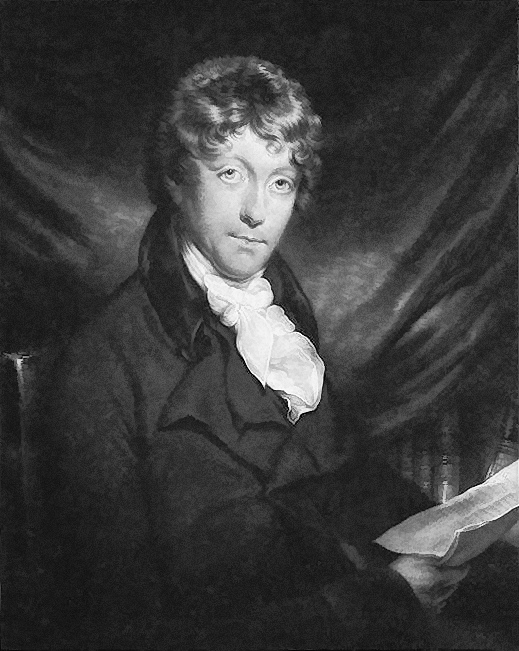|
Enforced Disappearance
An enforced disappearance (or forced disappearance) is the secret abduction or imprisonment of a person with the support or acquiescence of a State (polity), state followed by a refusal to acknowledge the person's fate or whereabouts with the intent of placing the victim outside the protection of the law. Often, forced disappearance implies murder whereby a victim is kidnapping, abducted, may be illegally prison, detained, and is often tortured during interrogation, ultimately killed, and the body disposed of secretly. The party committing the murder has plausible deniability as there is no evidence of the victim's death. Enforced disappearance was first recognized as a human rights issue in the 1970s as a result of Detenidos Desaparecidos, its use by military dictatorships in Latin America during the Dirty War. However, it has occurred all over the world. According to the Rome Statute of the International Criminal Court, which came into force on 1 July 2002, when committed as ... [...More Info...] [...Related Items...] OR: [Wikipedia] [Google] [Baidu] |
Organization Of American States
The Organization of American States (OAS or OEA; ; ; ) is an international organization founded on 30 April 1948 to promote cooperation among its member states within the Americas. Headquartered in Washington, D.C., United States, the OAS is a "multilateral regional body focused on human rights, electoral oversight, social and economic development, and security in the Western Hemisphere", according to the Council on Foreign Relations. As of November 2023, Member states of the Organization of American States, 32 states in the Americas are OAS members. Luis Almagro of Uruguay was inaugurated as OAS secretary general in 2015. His term ends in May 2025 and Albert Ramdin of Suriname has been elected as his successor. History 19th century The notion of an international union in the American continent was first put forward during the liberation of America by José de San Martín and Simón Bolívar who, at the 1826 Congress of Panama, still being part of Colombia, proposed cre ... [...More Info...] [...Related Items...] OR: [Wikipedia] [Google] [Baidu] |
Declaration Of The Rights Of Man And Of The Citizen
The Declaration of the Rights of Man and of the Citizen (), set by France's National Constituent Assembly in 1789, is a human and civil rights document from the French Revolution; the French title can be translated in the modern era as "Declaration of Human and Civic Rights". Inspired by Enlightenment philosophers, the declaration was a core statement of the values of the French Revolution and had a significant impact on the development of popular conceptions of individual liberty and democracy in Europe and worldwide places. The declaration was initially drafted by Marquis de Lafayette with assistance from Thomas Jefferson, but the majority of the final draft came from Abbé Sieyès. Influenced by the doctrine of natural right, human rights are held to be universal: valid at all times and in every place. It became the basis for a nation of free individuals protected equally by the law. It is included at the beginning of the constitutions of both the French Fourth Rep ... [...More Info...] [...Related Items...] OR: [Wikipedia] [Google] [Baidu] |
Presumption Of Innocence
The presumption of innocence is a legal principle that every person Accused (law), accused of any crime is considered innocent until proven guilt (law), guilty. Under the presumption of innocence, the legal burden of proof is thus on the Prosecutor, prosecution, which must present compelling evidence to the trier of fact (a judge or a jury). If the prosecution does not prove the charges true, then the person is Acquittal, acquitted of the charges. The prosecution must in most cases prove that the accused is guilty beyond a reasonable doubt. If reasonable doubt remains, the accused must be acquitted. The opposite system is a presumption of guilt. In many countries and under many legal systems, including common law and Civil law (legal system), civil law systems (not to be confused with Civil law (common law), the other kind of civil law, which deals with non-criminal legal issues), the presumption of innocence is a legal right of the accused in a criminal trial. It is also an in ... [...More Info...] [...Related Items...] OR: [Wikipedia] [Google] [Baidu] |
Equal Protection
The Equal Protection Clause is part of the first section of the Fourteenth Amendment to the United States Constitution. The clause, which took effect in 1868, provides "nor shall any State... deny to any person within its jurisdiction the equal protection of the laws." It mandates that individuals in similar situations be treated equally by the law. A primary motivation for this clause was to validate the equality provisions contained in the Civil Rights Act of 1866, which guaranteed that all citizens would have the right to equal protection by law. As a whole, the Fourteenth Amendment marked a large shift in American constitutionalism, by applying substantially more constitutional restrictions against the states than had applied before the Civil War. The meaning of the Equal Protection Clause has been the subject of much debate, and inspired the well-known phrase " Equal Justice Under Law". This clause was the basis for '' Brown v. Board of Education'' (1954), the Supreme Court ... [...More Info...] [...Related Items...] OR: [Wikipedia] [Google] [Baidu] |
Counsel
A counsel or a counsellor at law is a person who gives advice and deals with various issues, particularly in legal matters. It is a title often used interchangeably with the title of ''lawyer''. The word ''counsel'' can also mean advice given outside of the context of the legal profession. UK and Ireland The legal system in England uses the term ''counsel'' as an approximate synonym for a barrister-at-law, but not for a solicitor, and may apply it to mean either a single person who pleads a cause, or collectively, the body of barristers engaged in a case. The difference between "Barrister" and "Counsel" is subtle. In England and Wales, "Barrister" is a professional title awarded by one of the four Inns of Court, and is used in a barrister's private, academic or professional capacity. "Counsel" is used to refer to a barrister who is instructed on a particular case. It is customary to use the third person when addressing a barrister instructed on a case: "Counsel is asked ... [...More Info...] [...Related Items...] OR: [Wikipedia] [Google] [Baidu] |
Right To A Fair Trial
A fair trial is a trial which is "conducted fairly, justly, and with procedural regularity by an impartial judge". Various rights associated with a fair trial are explicitly proclaimed in Article 10 of the Universal Declaration of Human Rights, the Fourth, Fifth, Sixth, Seventh, and Fourteenth Amendments to the United States Constitution, and Article 6 of the European Convention of Human Rights, in addition to numerous other constitutions and declarations throughout the world. There is no binding international law that defines what is not a fair trial; for example, the right to a jury trial and other important procedures vary from nation to nation. Definition in international human rights law The right to fair trial is very helpful to explore in numerous declarations which represent customary international law, such as the Universal Declaration of Human Rights (UDHR). Though the UDHR enshrines some fair trial rights, such as the presumption of innocence until the accused i ... [...More Info...] [...Related Items...] OR: [Wikipedia] [Google] [Baidu] |
Freedom (political)
Political freedom (also known as political autonomy or political agency) is a central concept in history and political thought and one of the most important features of democratic societies.Hannah Arendt, "What is Freedom?", ''Between Past and Future: Eight Exercises in Political Thought'', (New York: Penguin, 1993). Political freedom has been described as freedom from oppression or coercion, the absence of disabling conditions for an individual and the fulfillment of enabling conditions, or the absence of life conditions of compulsion in society, such as economic compulsion. Although political freedom is often interpreted negatively as the freedom from unreasonable external constraints on action, it can also refer to the positive exercise of rights, capacities and possibilities for action and the exercise of social or group rights. The concept can also include freedom from internal constraints on political action or speech such as social conformity, consistency, or inauthen ... [...More Info...] [...Related Items...] OR: [Wikipedia] [Google] [Baidu] |
Universal Declaration Of Human Rights
The Universal Declaration of Human Rights (UDHR) is an international document adopted by the United Nations General Assembly that enshrines the Human rights, rights and freedoms of all human beings. Drafted by a UN Drafting of the Universal Declaration of Human Rights, committee chaired by Eleanor Roosevelt, it was accepted by the General Assembly as United Nations General Assembly Resolution 217, Resolution 217 during Third session of the United Nations General Assembly, its third session on 10 December 1948 at the Palais de Chaillot in Paris, France. Of the 58 members of the United Nations at the time, 48 voted in favour, none against, eight abstentions, abstained, and two did not vote. A foundational text in the History of human rights, history of human and civil rights, the Declaration consists of 30 articles detailing an individual's "basic rights and fundamental freedoms" and affirming their universal character as inherent, inalienable, and applicable to all human beings ... [...More Info...] [...Related Items...] OR: [Wikipedia] [Google] [Baidu] |
United Nations
The United Nations (UN) is the Earth, global intergovernmental organization established by the signing of the Charter of the United Nations, UN Charter on 26 June 1945 with the stated purpose of maintaining international peace and international security, security, to develop friendly Diplomacy, relations among State (polity), states, to promote international cooperation, and to serve as a centre for harmonizing the actions of states in achieving those goals. The United Nations headquarters is located in New York City, with several other offices located in United Nations Office at Geneva, Geneva, United Nations Office at Nairobi, Nairobi, United Nations Office at Vienna, Vienna, and The Hague. The UN comprises six principal organizations: the United Nations General Assembly, General Assembly, the United Nations Security Council, Security Council, the United Nations Economic and Social Council, Economic and Social Council, the International Court of Justice, the United Nations Se ... [...More Info...] [...Related Items...] OR: [Wikipedia] [Google] [Baidu] |
Fundamental Right
Fundamental rights are a group of rights that have been recognized by a high degree of protection from encroachment. These rights are specifically identified in a constitution, or have been found under due process of law. The United Nations' Sustainable Development Goal 17, established in 2015, underscores the link between promoting human rights and sustaining peace. List of important rights Some universally recognised rights that are seen as fundamental, i.e., contained in the United Nations Universal Declaration of Human Rights, the U.N. International Covenant on Civil and Political Rights, or the U.N. International Covenant on Economic, Social and Cultural Rights, include the following: * Self-determination * Liberty * Due process of law * Freedom of movement * Right to privacy * Freedom of thought * Freedom of conscience * Freedom of religion * Freedom of expression * Freedom of assembly * Freedom of association Specific jurisdictions Canada In Canada, the ... [...More Info...] [...Related Items...] OR: [Wikipedia] [Google] [Baidu] |





